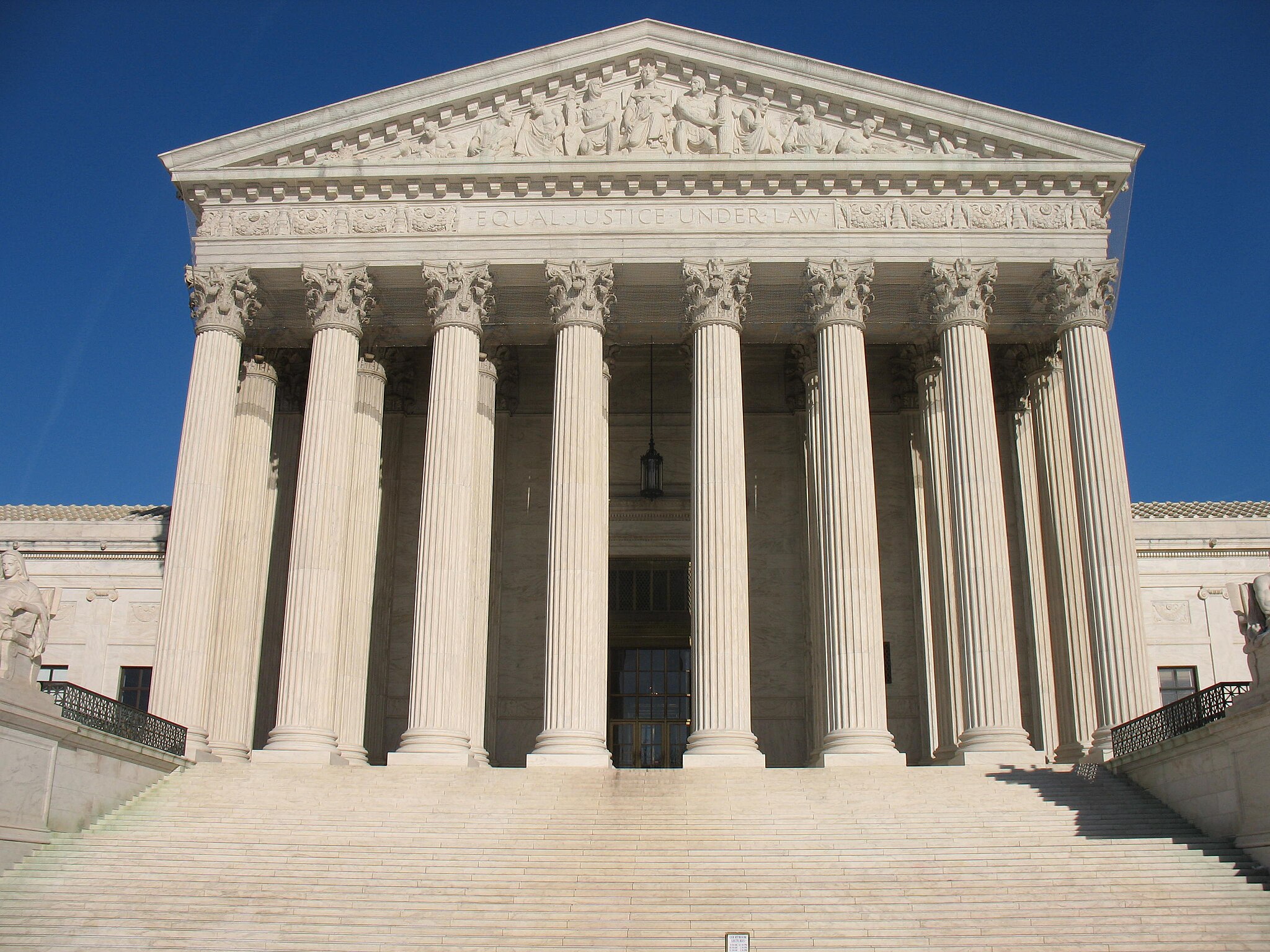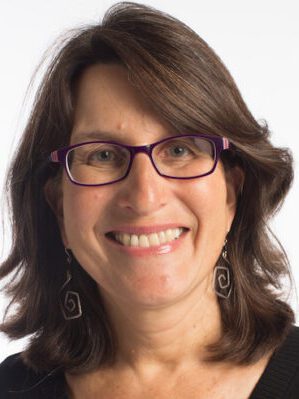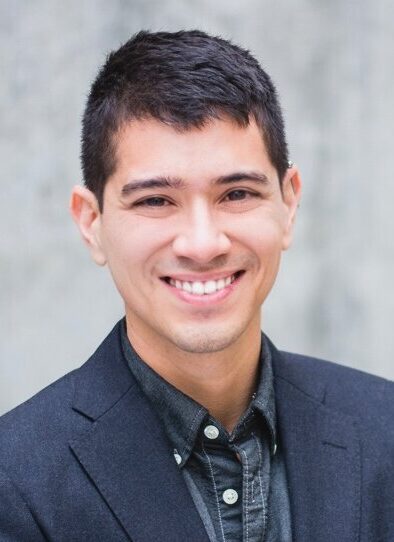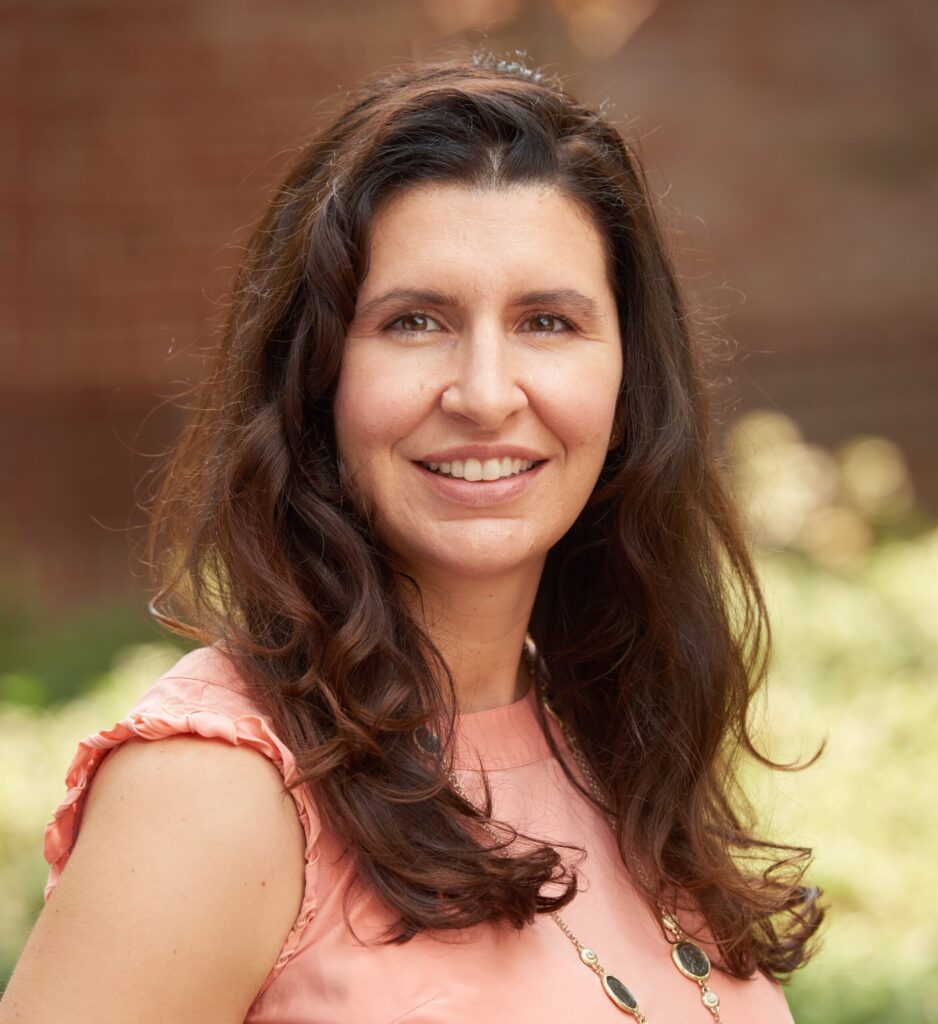Supreme Court has ‘greenlighted the criminalization of homelessness,’ Berkeley experts say
"This case will be a Rorschach test for elected officials," one expert said. "Will they redouble their efforts to provide shelter and housing, or fall back on laws that punish people for being homeless?"

Kjetil Ree/Wikimed
June 28, 2024
In a landmark ruling that will have significant nationwide ramifications — particularly in California — the U.S. Supreme Court on Friday cleared the way for local governments to more aggressively enforce camping bans and punish homeless people for sleeping outside, even when shelter space is lacking.
The court’s conservative justices in the 6-3 decision sided with the city of Grants Pass, Oregon, saying that the city’s enforcement of camping bans on public property did not amount to “cruel and unusual punishment” and did not violate the Eighth Amendment.
UC Berkeley experts in social welfare, public health, law and policy disagree, saying the decision will increase the distress of homeless people and force them to live in more dangerous places.
While the case most directly involved the policies of a small city just north of the California-Oregon border, the details have been closely watched across the country. Liberal California leaders and conservative Republican lawmakers alike had argued that existing laws made it difficult for them to manage homeless encampments and enforce rules for an increasing number of unhoused people sleeping on the streets.
Friday’s decision is likely to change that in a major way,
“The Court has greenlighted the criminalization of homelessness, which research shows is counterproductive and inhumane,” said Jeffrey Selbin, a Berkeley Law professor and faculty director for the Policy Advocacy Clinic. “As the dissent and even the majority noted, state and local lawmakers are not required to go down that path. This case will be a Rorschach test for elected officials: Will they redouble their efforts to provide shelter and housing, or fall back on laws that punish people for being homeless?”
Scholars from across campus weighed in on the decision.
Berkeley News: You’ve studied the effects of Bay Area encampment sweeps and have found that they’re often destabilizing for unhoused people and ineffective as a policy tool. Based on that work, what effects do you think stricter enforcement might have in communities locally and beyond?

Decades of medical and social science research is clear that criminalizing homelessness will increase the pain and suffering of homeless people, and do nothing to reduce homelessness. With no legal place to go, my prediction is that this decision will drive unsheltered homeless people into worse conditions to avoid punishment.
Homelessness will not miraculously disappear, but people will be forced to find places to survive that are less visible, more isolated, and more hazardous. I fear this will be devastating to the homeless individual, and detrimental for society.
SCOTUS is dead wrong that this is not “cruel and unusual.” Criminalizing people for sleeping in public when there is no shelter available is kicking someone when they’re at their most vulnerable. Moreover, there are 125,000 unsheltered homeless people in California —circumstances that are cruel, but sadly not unusual at all. This massive housing and shelter shortage has made unsheltered homelessness commonplace and predictable.
There is a harmful false narrative that people are voluntarily homeless by refusing help, putting the blame on the individual when California has clearly not built enough housing and shelter. We need to band together to address this massive affordable housing shortage, not perpetuate greater punishment onto impoverished individuals and families.
— Jamie Chang, an associate professor in the School of Social Welfare who specializes in the sociological and health effects of homeless encampment sweeps.
From a public health perspective, what is the significance of this ruling on the well-being of unhoused people? And in particular, how might this affect the lives of homeless youth, who comprise a significant proportion of unhoused populations?

As a pediatrician who has conducted community-based research regarding youth homelessness for 28 years, I am alarmed at the Grants Pass decision for several reasons.
Evicting people from encampments is dangerous to their health. Research conducted at UC Berkeley found it was correlated with a higher likelihood of overdose for those people experiencing homelessness who use injection drugs. For youth, our research has found that it is a trigger for youth to start to inject drugs.
Most youth experiencing homelessness, indeed most people experiencing homelessness, do not live in encampments. However, those who do are the most vulnerable among people experiencing homelessness. Criminalizing their extreme poverty is clearly cruel and unusual punishment.
For youth living in encampments, who are among the highest risk people experiencing homelessness and who are high risk even relative to adults experiencing homelessness, as per the Benioff Homelessness and Housing Initiative survey of people experiencing homelessness, this is a tremendous blow.
It is also a loss for us as a society, as the decision is a further obstacle to the inclusion of youth in our community. As a physician and faculty member who has had the honor to see how youth blossom when they are finally held instead of rejected, my heart weeps.
— Dr. Coco Auerswald, a professor in the School of Public Health and co-director of Innovations for Youth
Legally speaking, is there a version of reality in which we have a dizzying patchwork of policy in how cities, counties and even states address homelessness going forward?

Elected officials across California asked the court to take this case, which the majority opinion mentioned repeatedly, but they already have enormous flexibility to address homelessness. What the Court did today is remove the barest Constitutional floor below which state and local laws could not fall. Without that floor, the great fear is that cities and counties will engage in a race to the bottom to try to push homeless people out of their communities — officials in Grants Pass said as much in passing the laws at issue in the case.
But this dystopian outcome is not inevitable. Local officials can reject inhumane approaches, state legislators can pass laws establishing minimum protections for people experiencing homelessness — as Oregon did after Grants Pass adopted its ordinances — and all levels of government can work together to incentivize and build short- and long-term housing, which is the only way out of this crisis.
— Jeffrey Selbin, Berkeley Law professor and faculty director for the Policy Advocacy Clinic
Aside from general economic instability, at the heart of this issue is a shelter supply issue, right? You’ve looked at this problem around housing insecurity and shelter bed availability for years. What will you be looking for in the months and years to come as a result of this ruling?

Grants Pass is specifically about shelter, but I would argue the underlying issue is the lack of affordable housing. Shelter is an important part of the continuum of services we should be providing people experiencing homelessness, and there aren’t enough beds for everyone who is unhoused.
In California, there are three people experiencing homelessness for each shelter bed. But we know that just providing more shelter beds isn’t sufficient. If there aren’t pathways or options for permanent housing, people are not going to exit homelessness.
I’m worried that as a result of this ruling, emphasis is going to be placed either on criminalizing people who have no other place to sleep, or that cities and states will move away from a focus on expanding permanent housing options. The long-term consequences of that will be more people experiencing the trauma of being unhoused, greater racial inequality, and higher public costs from failing to address the root causes of homelessness.
Local policymakers don’t have to take that path, however. They can still choose to invest in solutions that support the dignity and long-term well-being of people experiencing homelessness.
— Ryan Finnigan, associate research director for homelessness at the Terner Center for Housing Innovation
You published a book last year about advocating on behalf of the unhoused population. How does today’s decision change the landscape of what that advocacy would look like?

Homeless advocacy approaches should remain the same after the Grants Pass decision. Most importantly, listen to the experiences of unhoused people and ensure that they lead advocacy strategies as the people who are directly impacted by the increased criminalization of homelessness. Keep housing first, the evidence-based prioritization of immediate, unconditional and permanent housing, as a north star. And have trauma-informed care and harm reduction practices inform advocacy.
The way these approaches are deployed must shift with this new landscape of homelessness that can be more criminalized due to the decision. The decision allows cities to pass laws that punish unhoused people for sleeping in public spaces when there is no other shelter available with fines, being barred from parks, and even being put in prison. It is no consolation that some cities claim to enact these laws for public health and safety reasons or that some cities take a light-touch approach to enforcement. The result is the same — unhoused people will be fearful of sleeping in parks when they have no alternative and will be further displaced, necessarily caught in cycles of criminalization that will hurt their prospects for future housing and employment.
We have to continue to expose the fallacy that criminalization laws work to solve homelessness and share impactful stories that show this. We must track and fight proposed punitive legislation that the SCOTUS just gave a green light to with this decision. We must urge and empower legislators with data to work on policies that in fact help homelessness. We must do it all with the dual goal of prevention of homelessness and provision of housing for all.
— Laura Riley, director of the Clinical Program at Berkeley Law